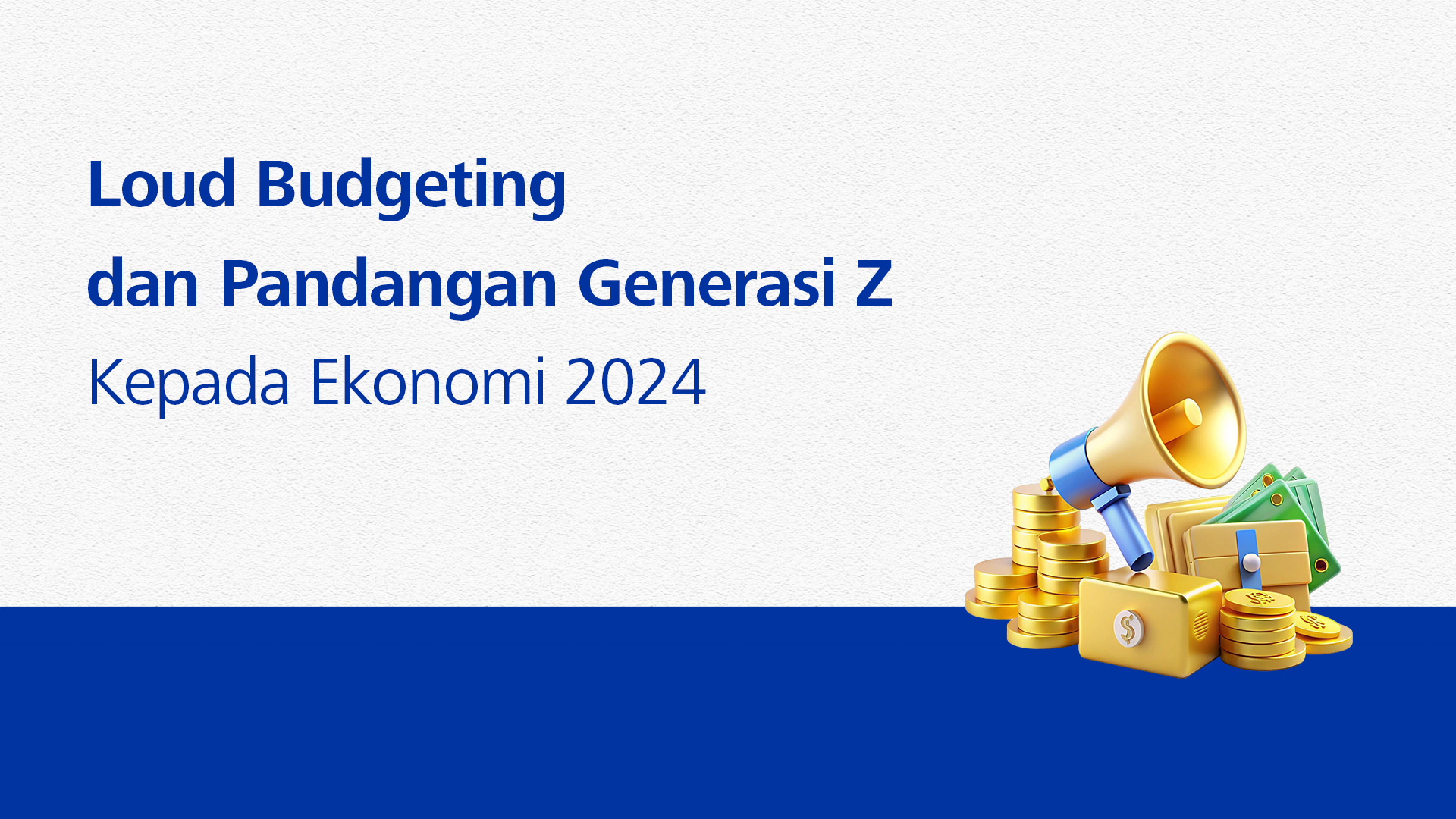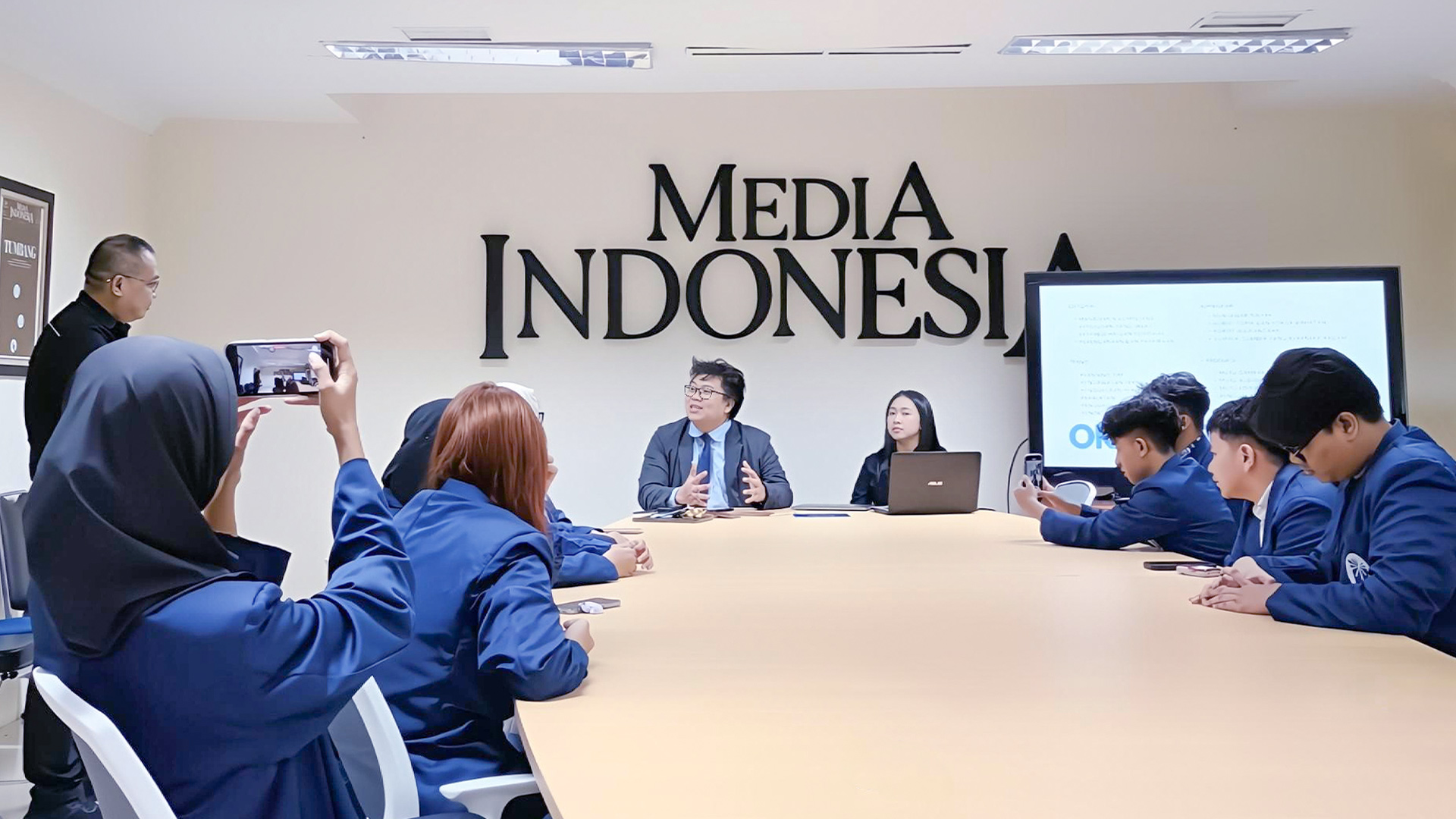Loud Budgeting and Generation Z's Perspective on the 2024 Economy

Recently, a financial trend has emerged that encourages individuals to openly limit their spending based on their primary financial goals. This approach is clearly different from narcissism, which promotes creating perceptions to maintain an image or conform to social pressures.
Loud Budgeting culture first appeared through a TikTok influencer, who introduced the term in relation to the spending habits of Millennials and Generation Z. Indirectly, it encourages the wider society to reflect before spending on things that are not essential to their primary financial targets.
Rising prices, along with the introduction of government regulations such as Tapera, which deducts 3% from employees’ salaries, have led many, especially Generation Z, to think twice before spending on unnecessary items.
This trend also serves as a critique of popular financial pressures like FOMO (Fear Of Missing Out), consumerist lifestyles, and the influence of social media, which is often driven by influencers. Loud Budgeting indirectly criticizes social norms that focus on social stratification.
Moreover, issues like imbalanced tax distribution compared to income have strengthened Generation Z’s desire to save, sometimes in extreme ways. This savings mindset manifests in various methods, such as using public transportation, avoiding excessive trendy clothing purchases, or refraining from aimless travel.
Loud Budgeting helps individuals set healthy financial boundaries by focusing on meaningful priorities, such as investments or gold savings. It emphasizes transparent communication about what can or cannot be spent, aligning with the concept of Frugal Living. For example, someone practicing Loud Budgeting might suggest meeting friends at home rather than dining out, which is more expensive. The goal is not to appear stingy but to value money and manage finances wisely, without feeling ashamed or pressured.
However, the concept of Loud Budgeting is not without flaws, both in terms of human factors and social dynamics. In certain social groups, it may backfire and create negative perceptions of those who practice it.
In some cases, Loud Budgeting might be seen as stinginess or calculating behavior, potentially alienating someone from their social circle. Practicing Loud Budgeting can also lead to overthinking certain expenditures or insecurities about personal information, which, if shared with the wrong audience, could lead to accusations if spending does not meet expectations or become a tool for psychological manipulation by irresponsible individuals.
As students of UNDIRA, who are wise in managing their lives professionally and with integrity, it is essential to face the current economic turbulence in Indonesia. Through UNDIRA’s Accounting and Management courses, which provide knowledge in financial and risk management, students are encouraged to be more aware of Loud Budgeting and financial monitoring for the sake of their future.
(Danang Respati Wicaksono / HUMAS UNDIRA)
Press Contact :
Biro Humas & Sekretariat Universitas Dian Nusantara
Facebook : www.facebook.com/undiraofficial
Instagram : www.instagram.com/undiraofficial
Twitter : www.twitter.com/undiraofficial
www.undira.ac.id
Other

Gen Z is increasingly reluctant to watch TV, Undira Holds Talk Show on Challenges in Broadcasting Industry
Read more
UNDIRA Communication Students’ Company Visit to Metro TV: Sharpening Mass Media Management Skills through the “Meet Nite Live” Programme
Read more
Collaboration between ESMOD Jakarta and UNDIRA: A Sharing Session to Enhance Inter-University Profiles
Read more
Campus Tanjung Duren
Jln. Tanjung Duren Barat II No. 1
Grogol, Jakarta Barat. 11470
Campus Green Ville
JIn. Mangga XIV No. 3
Campus Cibubur
Jln. Rawa Dolar 65
Jatiranggon Kec. Jatisampurna, Bekasi. 17432







